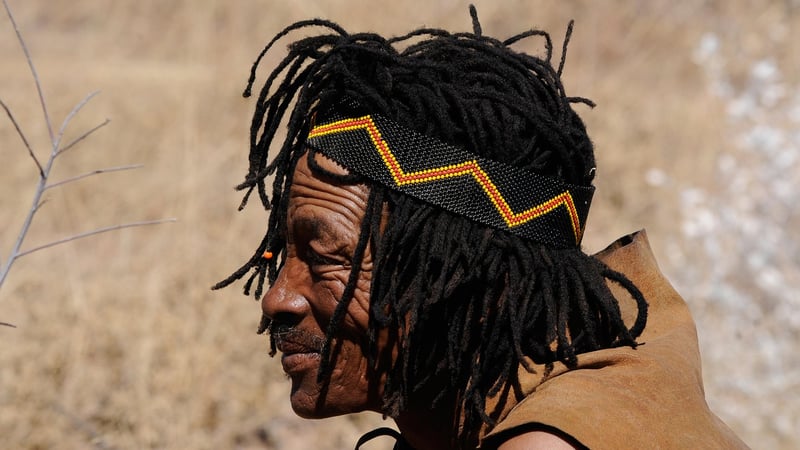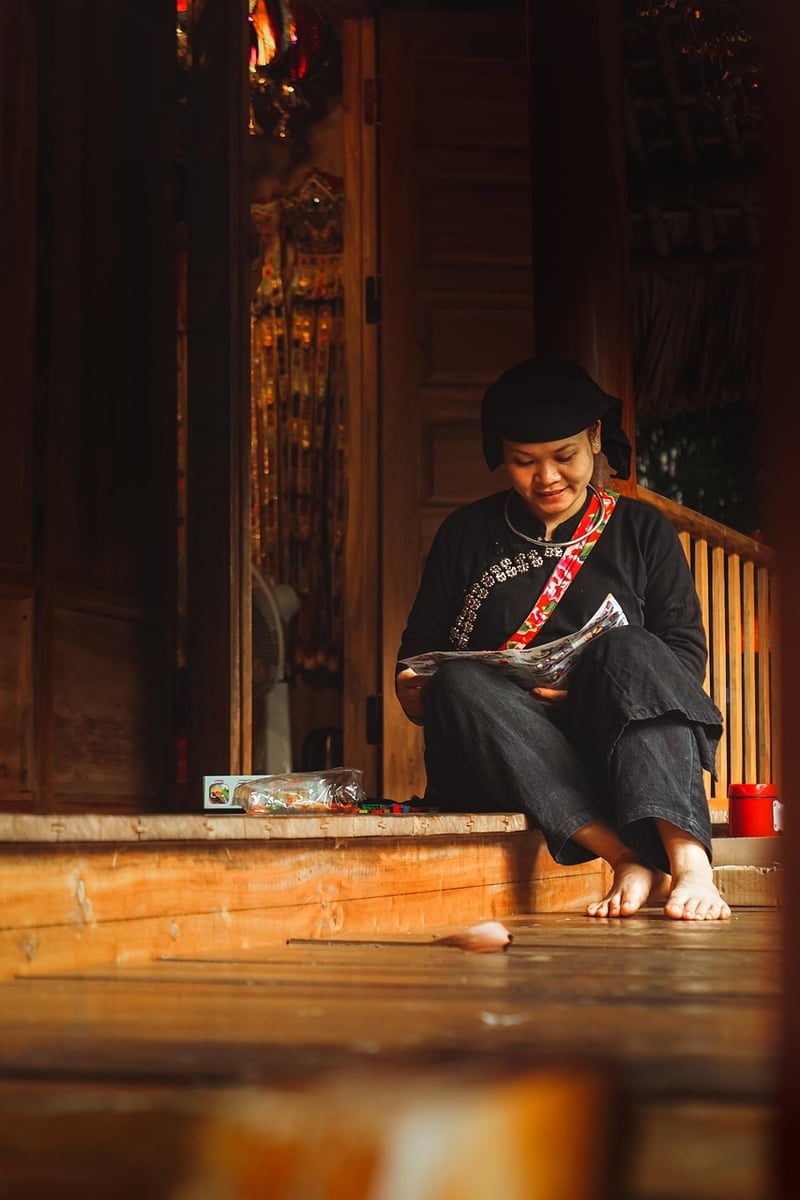Cultural Traditions
Create a Meaningful Ceremony with Cultural Traditions
Planning a ceremony that incorporates cultural traditions can add depth and significance to any special occasion. Whether you are organizing a wedding, a graduation ceremony, a religious celebration, or any other milestone event, infusing it with customs and rituals from your or your loved ones' heritage can make the event truly memorable. Here are some tips to help you create a meaningful ceremony with cultural traditions:
1. Research Your Cultural Heritage
Start by researching the cultural traditions and customs that are meaningful to you or your family. This could include traditional ceremonies, rituals, dances, songs, attire, or symbolic gestures that hold special significance. Understanding the history and meaning behind these traditions will help you incorporate them thoughtfully into your ceremony.
2. Choose Meaningful Rituals
Select rituals that resonate with the purpose and theme of your ceremony. These could be rituals that symbolize unity, love, prosperity, or any other values that are important to you. For example, a handfasting ceremony in a wedding symbolizes the binding of two lives together, while breaking a glass at a Jewish wedding represents the fragile nature of life.
3. Involve Family and Friends
Engage your family members and close friends in the ceremony by giving them roles that reflect their cultural heritage. This could include having family members recite traditional blessings, perform dances, or play musical instruments that are significant in your culture.
4. Incorporate Symbolic Elements
Consider adding symbolic elements to your ceremony that represent different aspects of your cultural heritage. This could include using traditional colors, fabrics, flowers, or decorations that are symbolic in your culture. You could also include traditional foods, drinks, or rituals that have been passed down through generations.
5. Personalize the Ceremony
Make the ceremony personal by sharing stories, anecdotes, or memories that are meaningful to you and your family. This could include recounting the history of a particular tradition, explaining its significance, or sharing how it has been passed down through generations.
6. Capture the Moment
Document the ceremony through photographs, videos, or written accounts to preserve the memories for years to come. This will allow you to revisit the special moments and share them with future generations, keeping your cultural traditions alive.

By following these tips and infusing your ceremony with cultural traditions, you can create a truly meaningful and memorable event that celebrates your heritage and values. Embracing your cultural identity in this way can bring depth, richness, and beauty to any special occasion.
